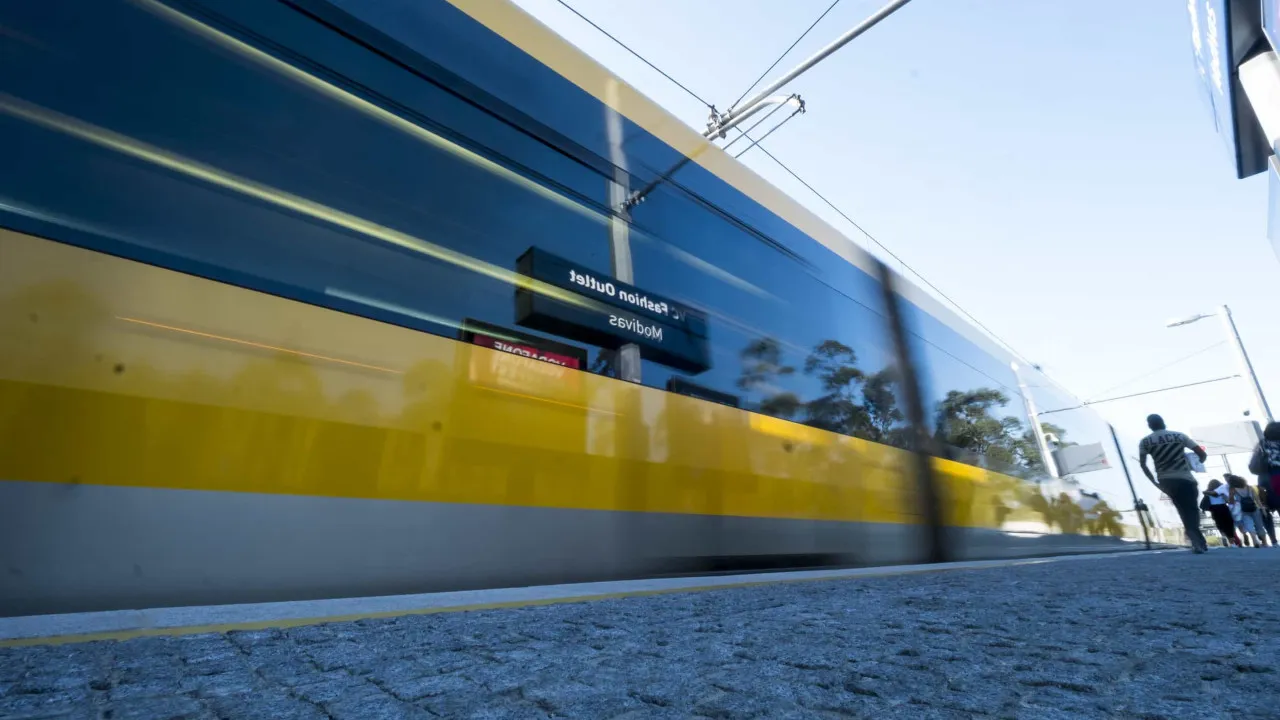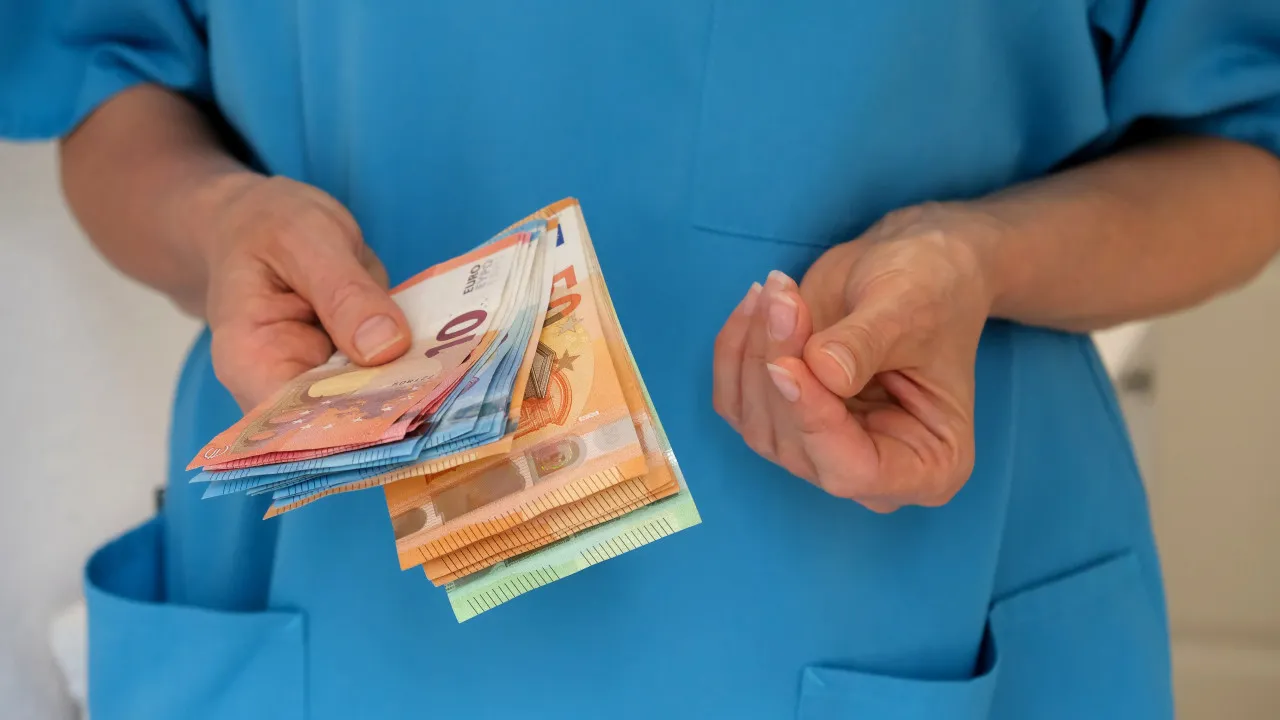
The president of Metro do Porto, Tiago Braga, remarked that the development story of Porto’s metrobus “could fill a book” due to frequent misrepresentations, often fueled by “malice,” particularly regarding the issue of bus doors.
“I don’t actually intend to write a book, but it would be enough for one. It has often been misreported. It began with the misrepresentation about us getting the doors wrong, claiming the buses only had doors on the left,” Tiago Braga stated in an interview, discussing his departure from the company’s presidency.
Tiago Braga insisted, “It is completely false that there was a problem with the doors,” as well as the claim of “a lack of planning” for the arrival of the vehicles.
The executive deemed the criticisms “ridiculous” and spread “with malice,” now refusing “to remain silent when they say the vehicles are delayed because of door mistakes.”
The controversy involves the delay in the vehicles’ arrival compared to the completion of the civil construction of Porto’s metrobus, which led to unsuccessful tests with the current Sociedade de Transportes Coletivos do Porto (STCP) buses. These buses, having only right-side doors, had to enter the metrobus station platforms in reverse.
The definitive metrobus vehicles, equipped with doors on both sides and designed for regular station entry, began arriving this year, with the first test conducted in June, although the civil construction was nearly complete by August 2024.
The discrepancy between the vehicle arrivals and construction stemmed from the need to repeat a public tender, initially launched in December 2022, which was repeated eight months later.
“The Porto City Council knew, STCP knew,” asserted Tiago Braga, emphasizing that “it was clear from the start” that STCP would operate the service, and “everything equipped in the circulating material was aligned with STCP’s functional and technical requirements.”
Regarding the operational agreement between Metro do Porto, the State, and the Porto Municipality, it remains unsigned and is no longer with the transporter, as it “moved to direct management between the ministerial structure and the municipal council.”
On the topic of reversing direction at the Boavista Roundabout, Tiago Braga stated there is “no problem” executing it in front of Casa da Música, against traffic, recalling that this solution, announced in January 2023, “results from explicit requests from the municipal council.”
When questioned on the current issue and the influence of social media pressure on discarding the solution, Braga admitted uncertainty, refusing to make “value judgments.”
Tiago Braga recalled that “the solution was tested with everyone, including STCP” and it was understood that, firstly, from a geometric point of view, it was entirely feasible—something that remains valid with the new metrobus vehicle—and it also fit “within the existing signaling period at the time.”
Braga mentioned that before requesting the top-of-the-avenue turning solution, scenarios of segregated lanes at the Boavista roundabout’s left and middle lanes were microsimulated, but the time to circumvent the roundabout “was at the limit of the intended frequency,” between 4 and 5 minutes.
The executive also warned that if the vehicle must indeed circle the roundabout and mingle with other traffic in different areas, the efficiency of the BRT (Bus Rapid Transit, colloquially metrobus) “is compromised.”
Nevertheless, in other parts of the route, such as requested changes in the second phase to preserve the central bike lane and trees between Fonte da Moura and Castelo do Queijo, Tiago Braga anticipates fewer impacts, “because the western part of the avenue does not have the same traffic level as the eastern part,” though it “remains a threat” to the system’s reliability.
Regarding sharing the road with cars on Avenida Marechal Gomes da Costa, he believes “it’s only a matter of time before the entire route is segregated.”
Additionally, he noted that if the Porto City Council had chosen to remove a lane for cars and kept a bike lane on the western part of Avenida da Boavista, “it would have allowed for two side platforms” in the center of the avenue instead of the single platforms built, stating “a bike lane can quickly be installed” even with the current configuration.
He confirmed that construction at the hydrogen charging station should finish in the fourth quarter and that all 12 vehicles are either already in Portugal or nearly arriving. As for the commencement of the second phase, he awaits “public space occupancy authorizations to begin work between Marechal Gomes da Costa and the Garcia de Orta high school area.”
The metrobus project costs approximately 76 million euros and is funded by the Recovery and Resilience Plan (PRR).



